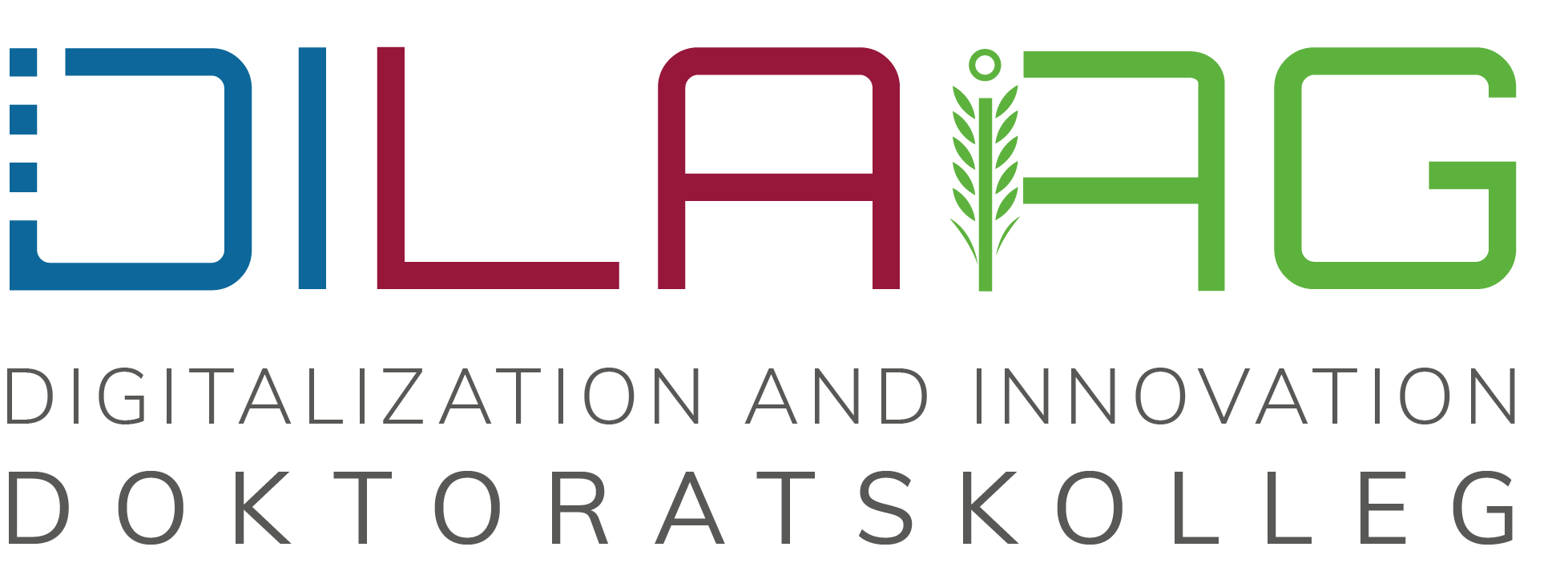PhD Project
Identifying novel approaches for socio-environmental technology assessments and their implications for managing complex agricultural systems
In addition to the multiple interactions that occur naturally in any ecological setting (food webs, material cycles, etc.), the implementation of technologies into ecological systems adds another layer of complexity and creates even more intertwined feedback mechanisms. To create a holistic understanding of the intersections between new technologies and their impacts on agricultural systems, a deep understanding of both system variables (artificial and natural) is required. Because the perspectives, technologies, and influences for assessing these interrelationships vary widely, different methods and approaches promise to have diverse applicability. This dissertation therefore explores different methods for assessing the complexity of technologies and their impacts on socio-ecological systems. In light of climate change and its associated catastrophic impacts (heavy rains, droughts, pests, etc.), this work specifically examines the identification of methods capable of assessing technological impacts on the resilience of agricultural systems. Using theoretical concepts from different research areas dealing with complex adaptive systems, but also incorporating practical applications from complexity sciences, a variety of novel technology assessment methods and frameworks will be investigated for their applicability to the management of complex environmental systems.
